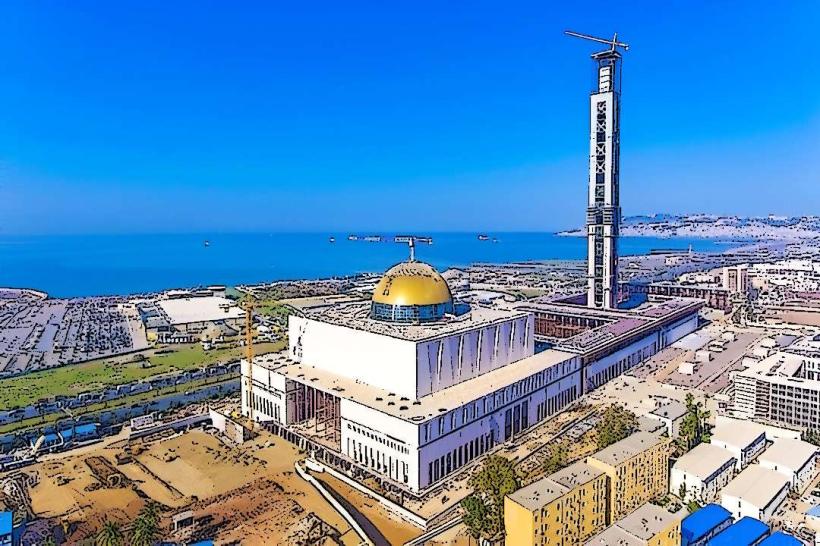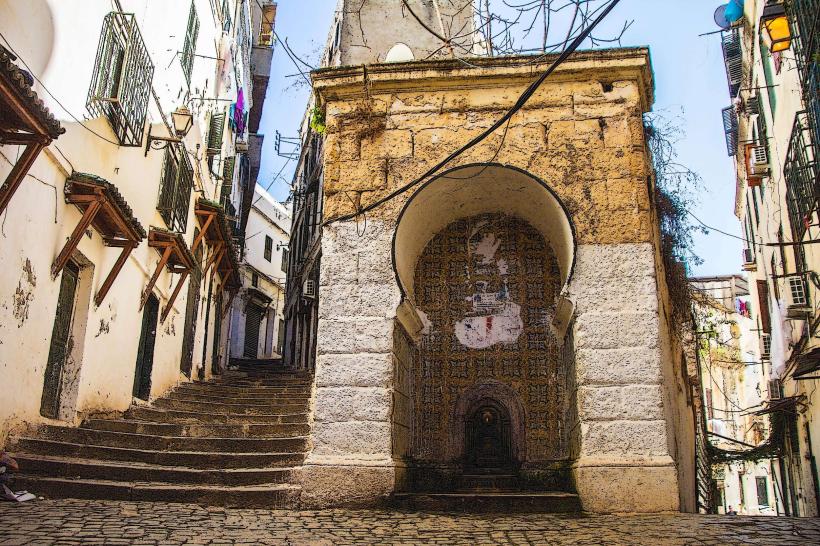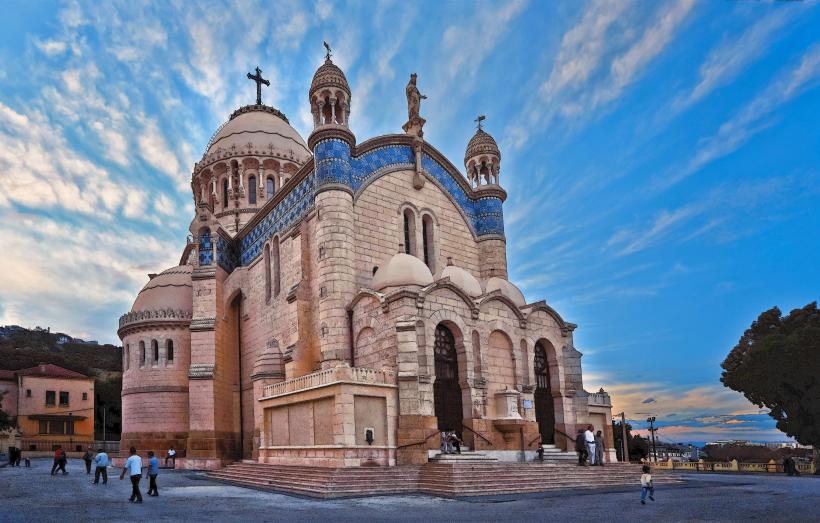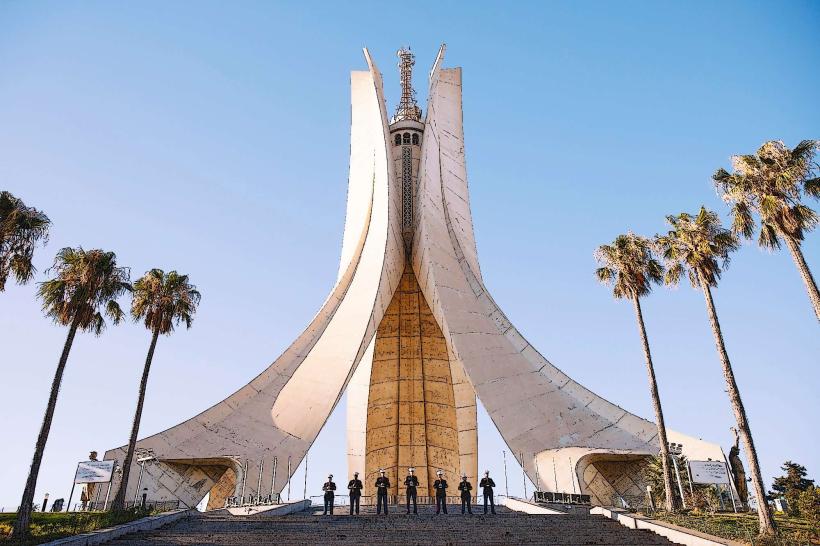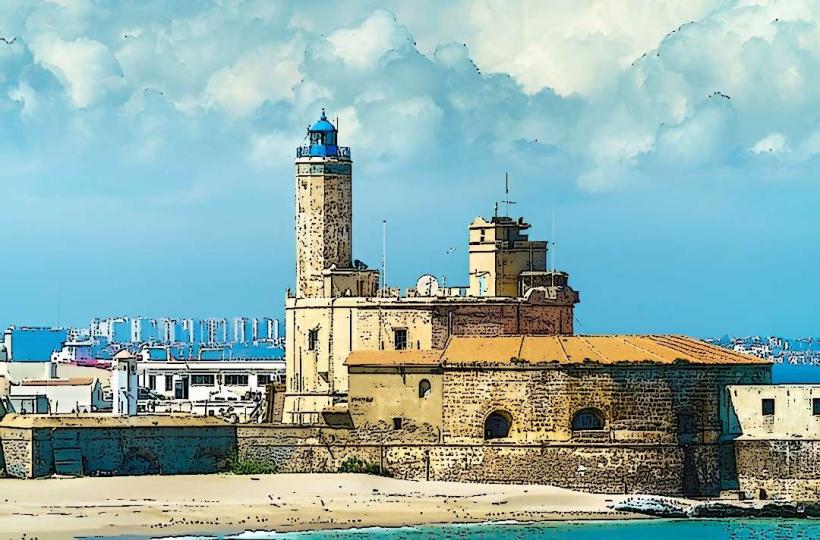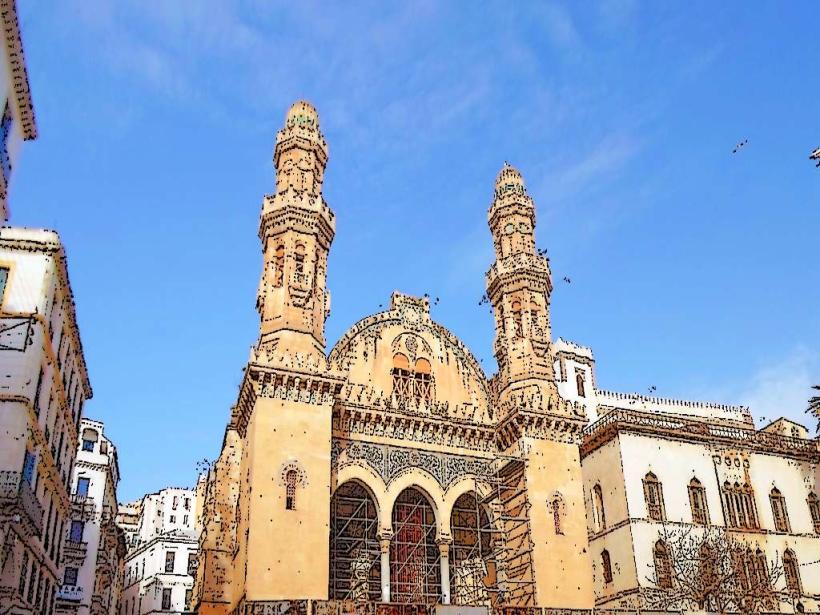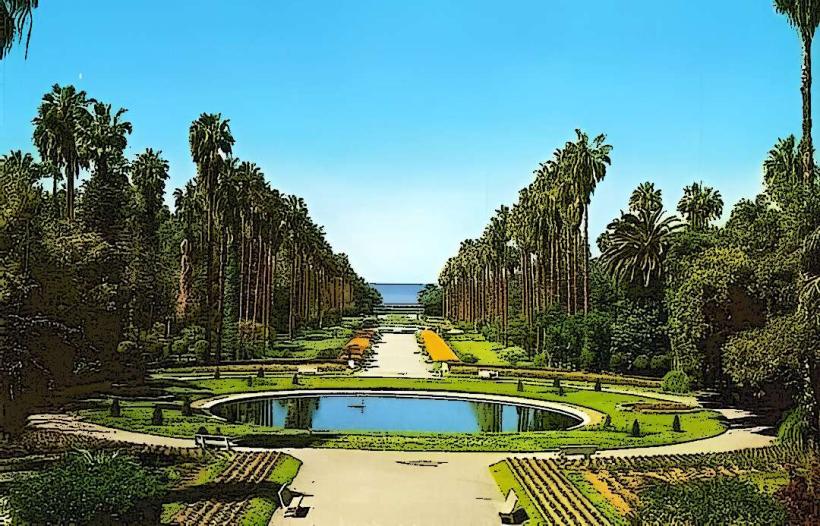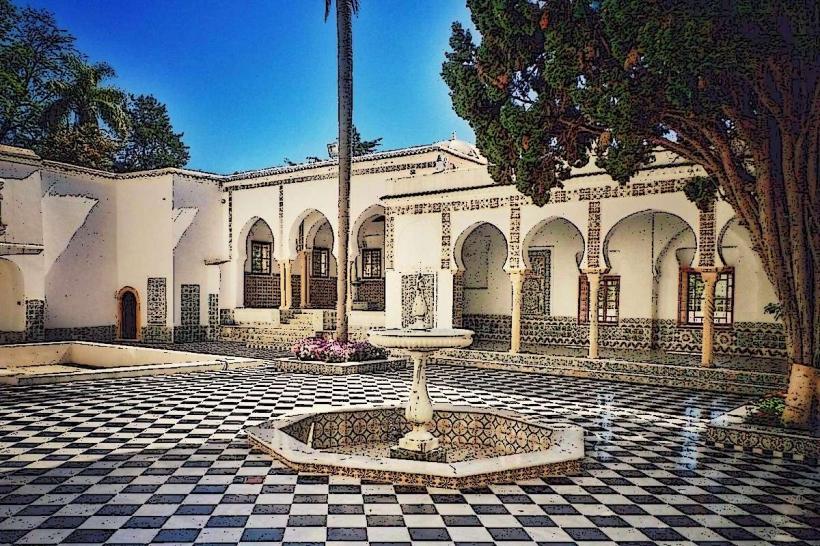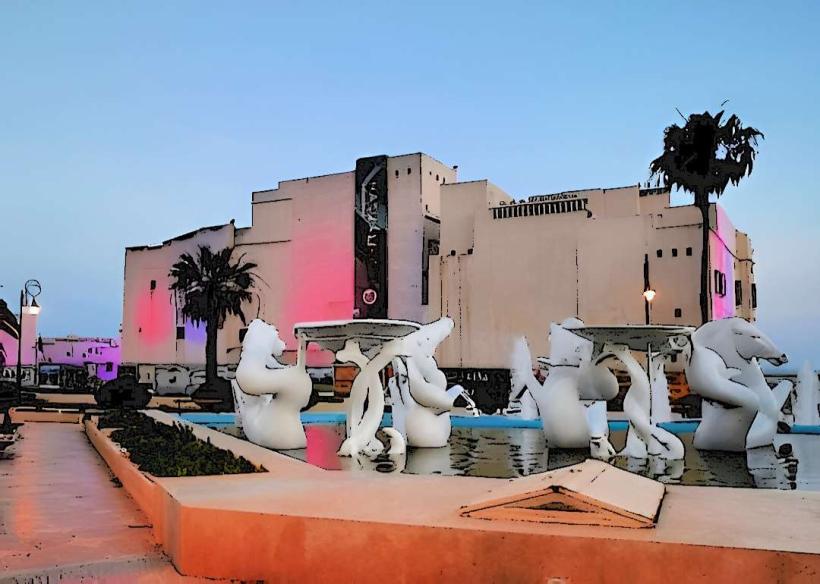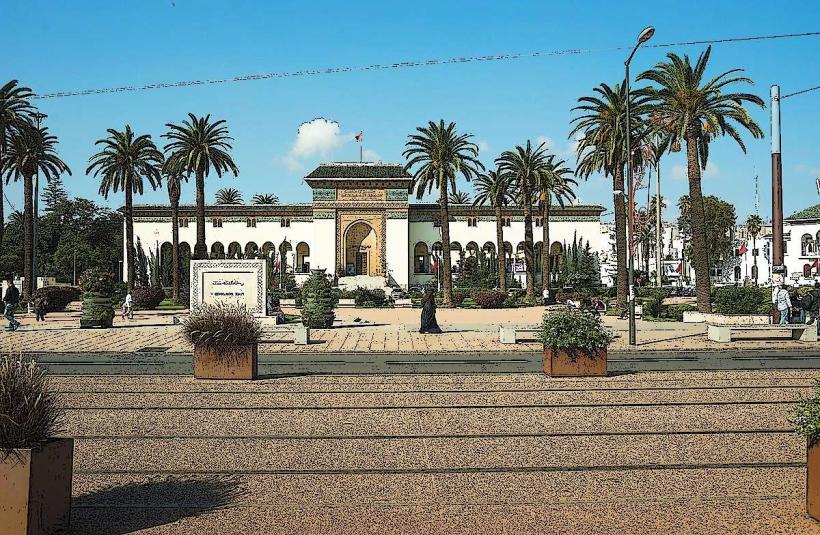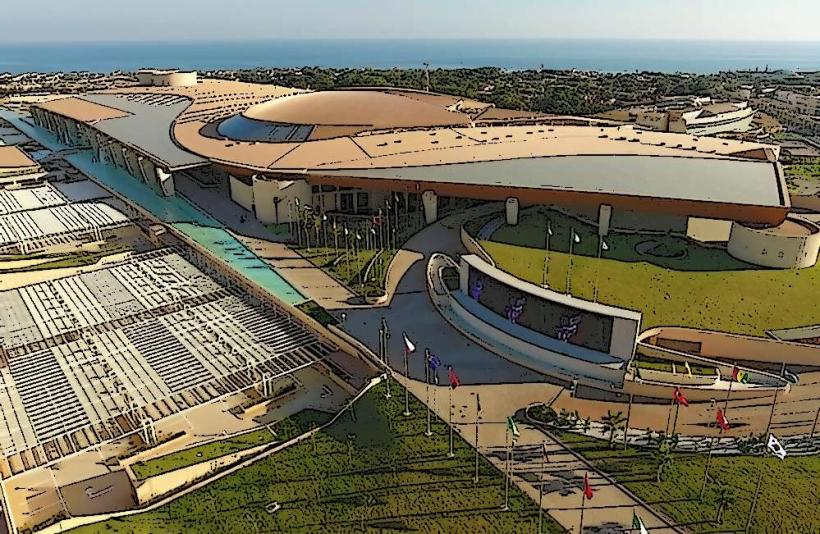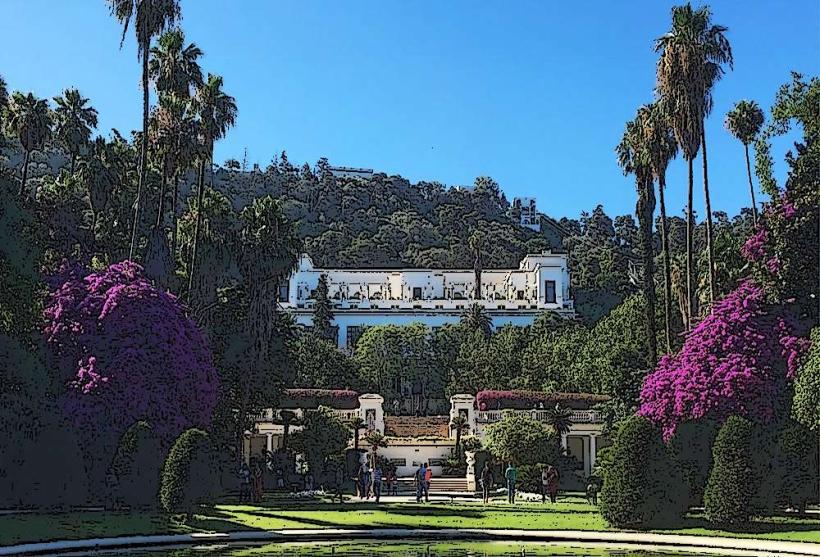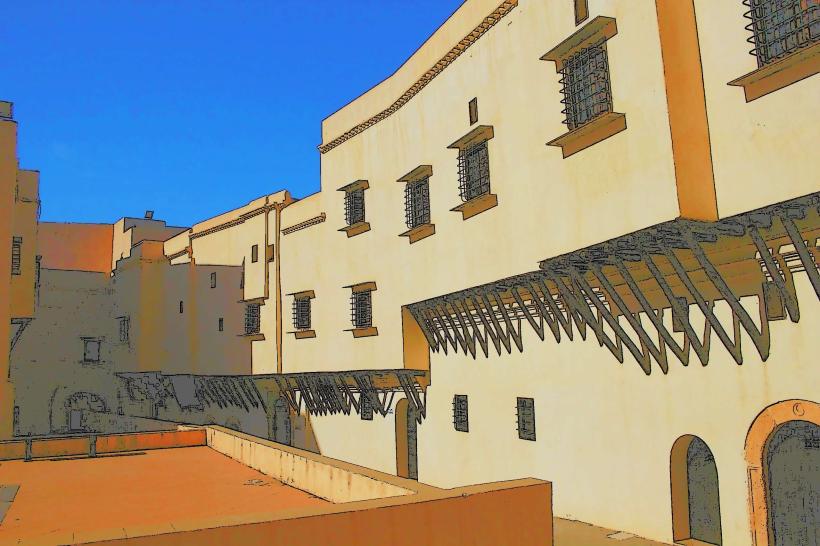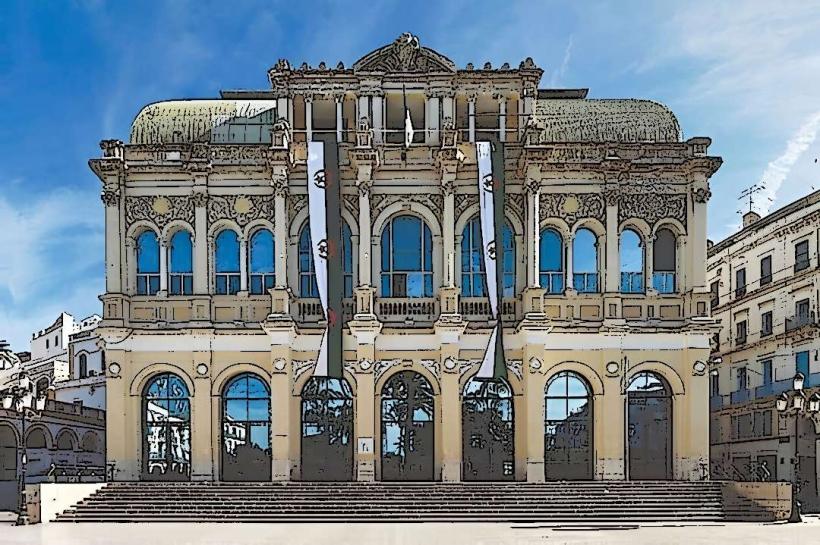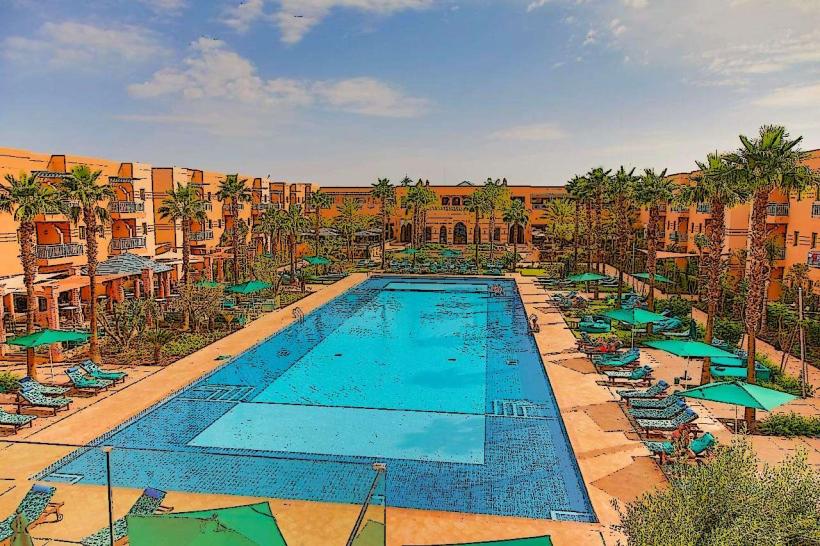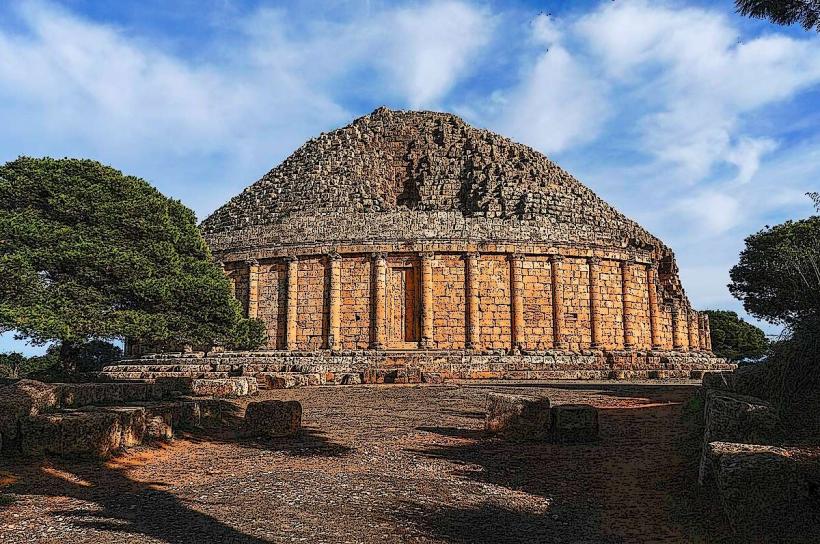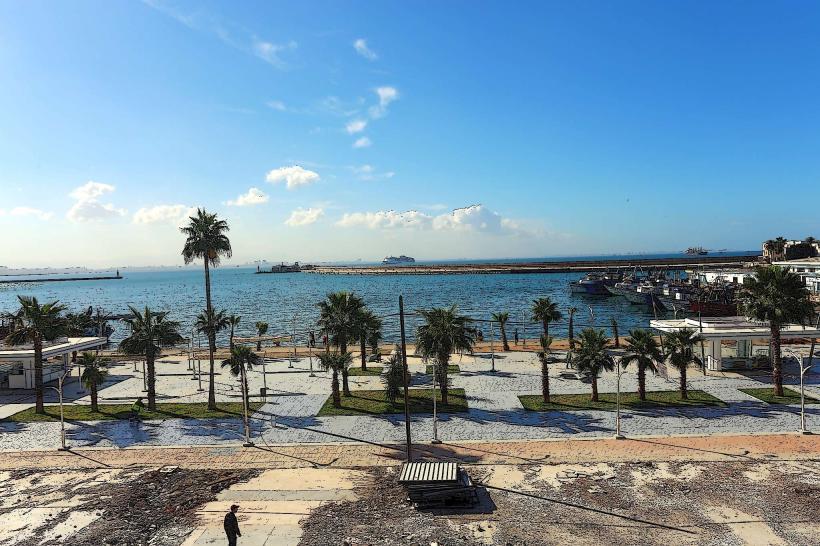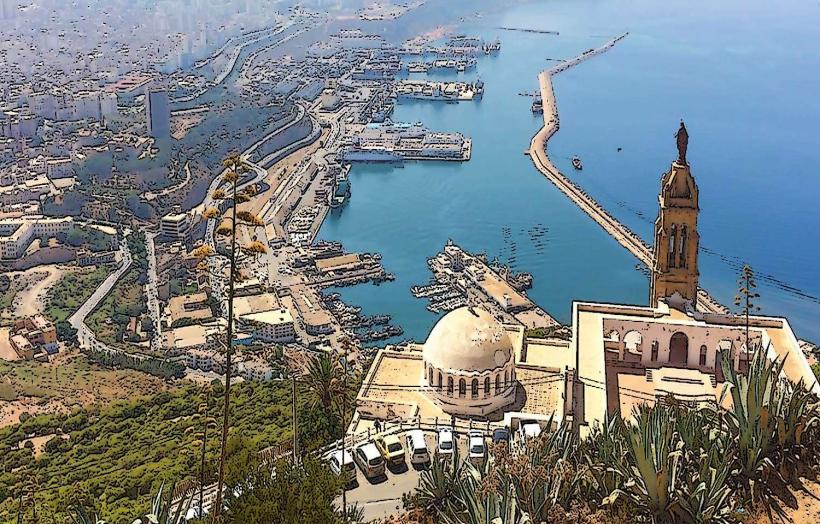Information
City: AlgiersCountry: Algeria
Continent: Africa
Algiers, Algeria, Africa
Algiers functions as the primary political and economic pivot of the Maghreb. Situated on the Mediterranean coast, it serves as a specialized node for maritime trade, hydrocarbon management, and burgeoning aerospace technology. In January 2026, the city is defined by a state of monumental infrastructure execution as the nation shifts from planning to the delivery of high-capacity transit and resource assets.
Historical Timeline
944 AD: Founded by Bologhine ibn Ziri; specialized as a Mediterranean naval stronghold.
1830–1962: French colonial period; Algiers became the specialized administrative capital of French Algeria.
2011: Commissioning of the Algiers Metro, the second in Africa.
2026 (Jan 8): Strategic Calibration. The government announced a transition toward "quality over quantity," focusing on 1,000 pivotal projects rather than the vast 19,000 previously proposed.
2026 (Jan 15): Space Sector Milestone. Algeria successfully launched ALSAT-3A, its next-generation Earth observation satellite, via a Long March-2C vehicle to monitor land planning and disaster preparedness.
2026 (Jan 18): Railway Expansion. The government formalized a massive rail infrastructure push for 2026, aiming to expand the national network toward 15,000 kilometers by 2035.
Demographics & Population
The metropolitan population is approximately 4,325,000 (2026 estimate). The demographic is characterized by a high-fidelity youth density, with nearly 25% of the population under 15 years old. Women hold a specialized role in the urban professional landscape, representing 70% of the city's lawyers and 60% of university students. Algiers currently ranks as the 6th largest city in the Arab world.
Urban Layout & Key Districts
The Casbah: A specialized UNESCO-listed medina; a high-density maze of Ottoman-era architecture and historical resistance.
Commune of Algiers-Centre: The specialized commercial and administrative core; characterized by "Neo-Moorish" and Haussmann-style architecture.
Bab Ezzouar: The specialized modern business and academic node; home to the Houari Boumediene University (USTHB) and major shopping centers.
Hydra: The specialized diplomatic and upscale residential district; host to foreign embassies and corporate headquarters.
Baraki: A specialized southern growth node; currently a primary focus for metro expansion and the new 40,000-seat Nelson Mandela Stadium.
Top City Landmarks
Djamaa el Djazaïr (Great Mosque of Algiers): The specialized world's third-largest mosque; features a 265-meter minaret, the tallest in the world.
Maqam Echahid (Martyrs' Memorial): An iconic 92-meter specialized concrete monument commemorating the Algerian War for Independence.
Jardin d'Essai du Hamma: A specialized 58-hectare botanical garden; established in 1832 and known for its high-fidelity Mediterranean and tropical floral diversity.
Notre-Dame d'Afrique: A specialized 19th-century basilica; notable for its Neo-Byzantine architecture and location overlooking the sea.
Palais des Rais (Bastion 23): A specialized cluster of historic palaces on the waterfront, serving as the city’s primary cultural history node.
Transportation & 2026 Logistics
Algiers Metro: The specialized underground transit spine. In 2026, construction is at peak intensity for the 9.5km extension to Algiers International Airport, with completion projected for 2027.
Railway Modernization: In January 2026, technical trials began for the Béchar–Tindouf–Gara Djebilet line, a specialized heavy-haul corridor for iron ore extraction.
Houari Boumediene Airport (ALG): A specialized regional aviation hub; currently expanding capacity from 10 to 20 million passengers per year to compete with Morocco and Egypt.
ETUSA Bus Network: The specialized state-owned surface transit; currently undergoing a fleet modernization to reduce chronic urban congestion.
Safety & Environment
The general safety risk is Low-Medium. Warning: Authorities maintain specialized surveillance in dense urban areas and near government buildings. Environmental Note: As of January 2026, the "Desalination Emergency Program" is a high-priority node, with 6 large seawater plants breaking ground to address recurring drought and water stress in the coastal wilayas.
Local Cost Index (2026 Estimates)
1 Night (Secure Business Hotel): €85.00 – €160.00
Traditional "Couscous" or "Chakhchoukha" Meal: €6.50 – €12.00
Monthly Rent (1-BR City Apartment): €280.00 – €500.00
Standard Metro/Bus Fare: €0.35 – €0.50
1L Gasoline: €0.30 – €0.45
Facts & Legends
Algiers is the site of the "Legend of the Seven Saints of the Casbah," a specialized local belief in spiritual protectors of the old city. A verified fact is that Algiers served as the provisional capital of Free France during WWII (1943–1944). Historically, Miguel de Cervantes, author of Don Quixote, was held captive in the city for five years. In 2026, the city remains the specialized global epicenter for "HORECA Expo" (Jan 19–22), the primary Mediterranean trade event for the hospitality and restaurant industry.

